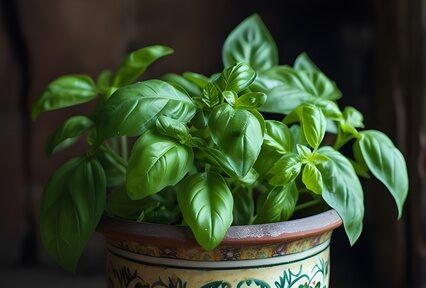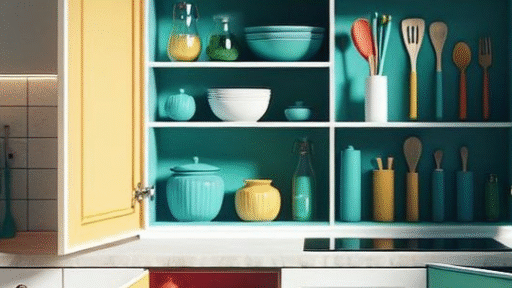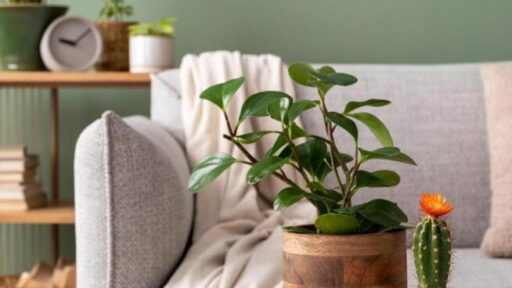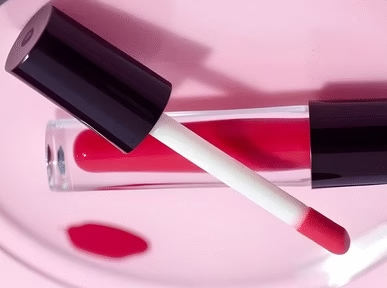Hardwood floors offer timeless elegance and significantly add value to any property, but their susceptibility to scratches can be a homeowner’s persistent concern.
Understanding Diverse Scratch Types on Wood Floors
Light scratches or scuff marks often only affect the finish and can sometimes be buffed out or treated with a wax stick or a simple blend of baking soda and olive oil.
Minor scratches might penetrate the finish but not deeply into the wood itself.
Major scratches and deep gouges, however, expose the bare wood and require more intensive methods like sanding, re-staining, and applying new finishes to restore the floor’s integrity.
In-Depth Damage Assessment
This assessment also considers the following:
- Type of hardwood
- Its finish (site-finished vs. pre-finished)
- the overall condition of the flooring
This initial evaluation ensures that the most appropriate and cost-effective solutions are proposed, preventing further damage.
Crucial Factors Influencing Wood Floor Repair Success
The success of wood floor repair is influenced by several crucial factors beyond just the type of scratches.
- The age of the hardwood floors
- The original finish
- The extent of the damaged flooring
Older floors with multiple layers of finish or unique wood species may require specialized products and techniques.
Strategic Analysis for Effective Wood Floor Repair
This involves a thorough evaluation of the flooring’s history, previous repair attempts, and the underlying subfloor condition.
For example, if scratches are a recurring issue due to specific furniture or pet activity, a strategic analysis would include:
- Recommendations for preventative measures, such as protective pads or durable rugs
- A repair plan
Essential Elements for Restoring Hardwood
Restoring hardwood to its original glory involves several essential elements, regardless of the severity of the scratches.
- Proper cleaning is the first step
- Removing dirt and debris that can hinder repair product adhesion and exacerbate scratches
For deeper scratches, appropriate wood filler, wax stick, or wood stain in a matching color are crucial.
- Color matching is particularly important to ensure the repair blends seamlessly with the existing hardwood, creating an undetectable fix.
- The application technique also plays a critical role
Proven Best Practices for Fixing Scratches on Hardwood Floors
Adopting proven best practices is key to effectively fixing scratches on hardwood.
- For light scratches, buffing with a soft cloth and a wood-specific polish can often restore the finish.
- Deeper scratches might benefit from applying a small amount of wood filler or a stain pen, carefully matching the color of the wood.
- For more significant damage, such as deep gouges, a combination of sanding the affected area, applying wood filler, and then re-staining and sealing is often necessary.
- It’s crucial to work in small sections and allow ample drying time between steps.
Regular maintenance also helps fix the problem one and for all. These include:
- Using floor protectors under furniture
- Trimming pet nails
Advanced Techniques for Permanent Wood Floor Repair
Advanced techniques for permanent wood floor repair focus on integrating the repair seamlessly into the existing structure. These technique ensures that scratches virtually disappear.
One such technique involves using specialized epoxy-based wood filler. This technique offers superior adhesion and durability compared to traditional fillers, ensuring a long-lasting fix for deep gouges.
Another involves precise grain matching. Here, skilled technicians use detailed color matching and even hand-painting to mimic the natural wood grain.
For extensive damage, some experts employ a ‘board replacement‘ method. This is where only the damaged section of timber is carefully removed and replaced with a perfectly matched new piece.
These methods require a high level of expertise and specialized tools.



